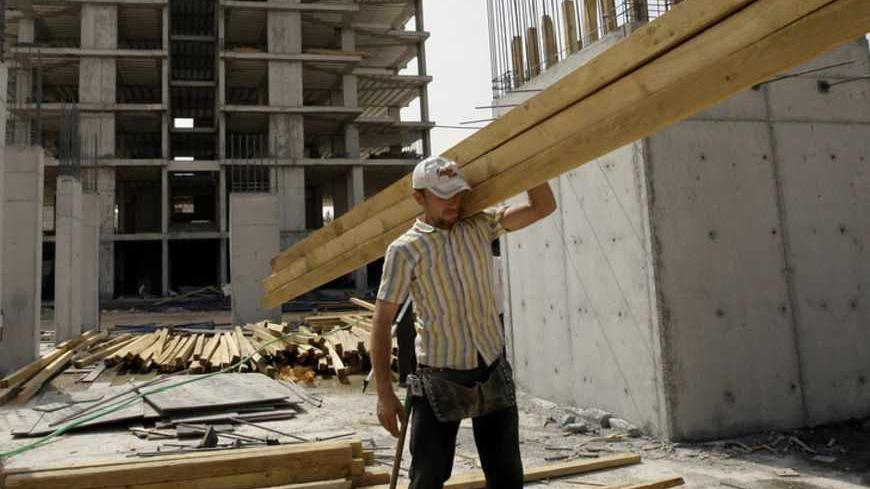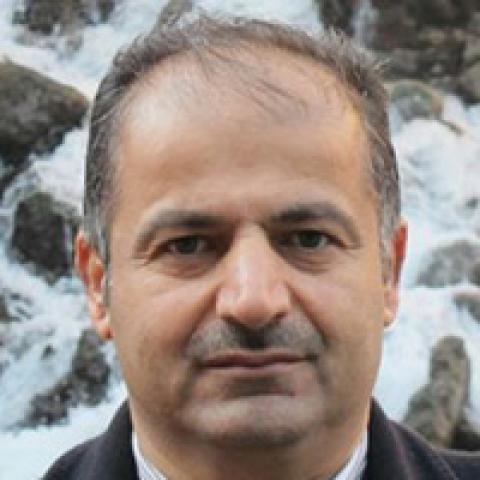Arab states no longer look at the Kurdistan Region of Iraq with suspicion and apprehension, especially after the regional capital, Erbil, was selected as the Arab Capital of Tourism for 2014. Furthermore, economic and trade relations between these states and the Kurdistan region have evolved.
It appears that developments in economic and trade relations between Arab states and the Kurdistan region of northern Iraq have preceded the development of political ties. Statistics released by Kurdish institutions concerned with investment in the area show that Arab companies — particularly from the United Arab Emirates (UAE) and Lebanon — have invested billions of dollars in oil and construction in the region. This has led many Arab states to open consulates and representative commercial offices in Erbil.



